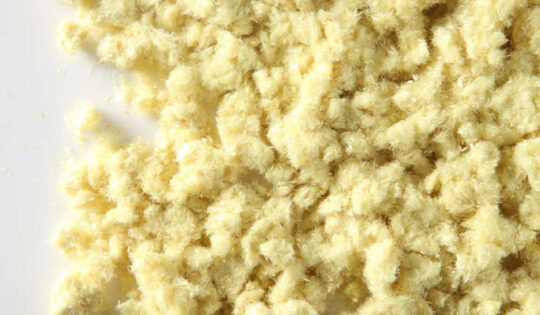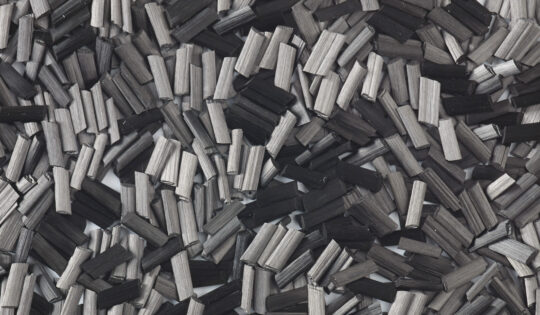The gradual phasing-out of asbestos in automotive brake friction materials in many parts of the world has encouraged extensive research and development into safer alternatives. As a result, the brake friction industry has discovered of different brake pads and shoes in the past decade, each with their own unique composition, yet performing the very same task and claiming to be better than others. Para-aramid has recently taken in a bigger position against asbestos fibres in brake pads. We can offer a range of recycled para-aramid fibres which have an excellent price-performance ratio. Also para-aramid is finding more and more its way to the compounding world where para-aramid proofs to be the ideal companion in resisting friction. Para-aramid fibers possess outstanding resistance to cyclic loading conditions. In particular, para-aramid fibres have a fatigue resistance, which, some claim, is better than carbon fibres.
Although carbon fibres get also more and more introduced in the brake pad world.
Friction
- Aramid: increase of wear resistance and tribology. (Brake pads)
Procotex Corporation, and its daughter company Apply Carbon (FR), is a leading manufacturer of sustainable para-aramid fibres for the friction industry. We offer a wide range of para-aramid fibres in different forms (fibres, dry-milled, granulates, powder) with nearly the same quality properties as virgin grades, but at prices that are up to 30-50% cheaper than virgin grades. Procotex/Apply Carbon products are preferred because of the excellent price-performance ratio.
Learn more
- Carbon: increase of wear resistance and tribology. (Brake pads)
Also carbon fibres are more and more requested in the brake-pad industry to take advantage of the superb properties of this fibre. A tribological study was made on a carbon-fiber-reinforced phenolic friction material. The results indicate that the wear characteristics of Carbon reinforced friction material was much improved.
Learn more
 English
English